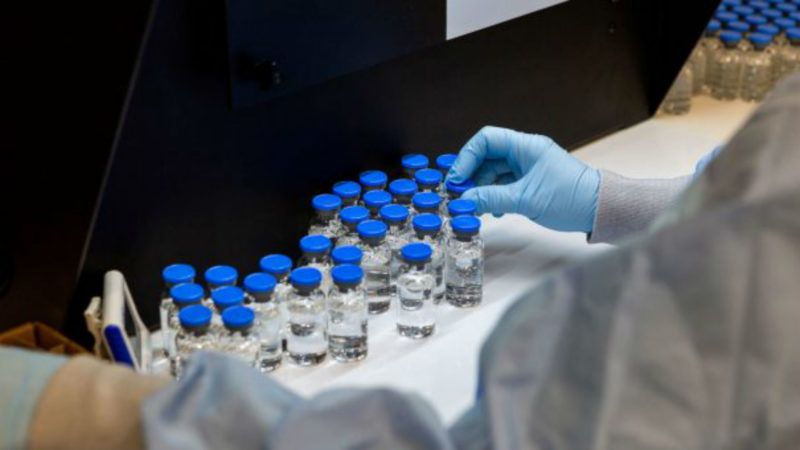Antiviral Is Reportedly Effective in Treating Severe Cases of COVID-19
STAT reports leaked comments of University of Chicago researcher

The antiviral compound remdesivir has been one of the more hopeful candidates for treating patients with COVID-19. The excellent biomedical news site STAT is reporting that researchers participating in a trial in which patients with severe symptoms of COVID-19 are being treated with the compound have seen very hopeful results.
Researchers at the University of Chicago Medicine recruited 125 people with COVID-19, of which 113 had severe symptoms, into Phase 3 clinical trials of the antiviral. All the patients have been treated with daily infusions of remdesivir.
"The best news is that most of our patients have already been discharged, which is great. We've only had two patients perish," said Kathleen Mullane, on a video seen by STAT reporters. Mullane is the University of Chicago infectious disease specialist who is overseeing the remdesivir studies for the hospital.
It is important to note that this is not a randomized controlled trial; there is no cohort receiving a placebo with which to compare the treated patients. Nevertheless, as STAT reports:
Mullane, while encouraged by the University of Chicago data, made clear her own hesitancy about drawing too many conclusions.
"It's always hard," she said, because the severe trial doesn't include a placebo group for comparison. "But certainly when we start [the] drug, we see fever curves falling," she said. "Fever is now not a requirement for people to go on trial, we do see when patients do come in with high fevers, they do [reduce] quite quickly. We have seen people come off ventilators a day after starting therapy. So, in that realm, overall our patients have done very well."
She added: "Most of our patients are severe and most of them are leaving at six days, so that tells us duration of therapy doesn't have to be 10 days. We have very few that went out to 10 days, maybe three," she said.
Gilead had said to expect results for its trial involving severe cases in April. Mullane said during her presentation that data for the first 400 patients in the study would be "locked" by Gilead Thursday, meaning that results could come any day.
It's way too premature to pop champagne corks just yet, but let's hope these findings are quickly confirmed.


Show Comments (100)